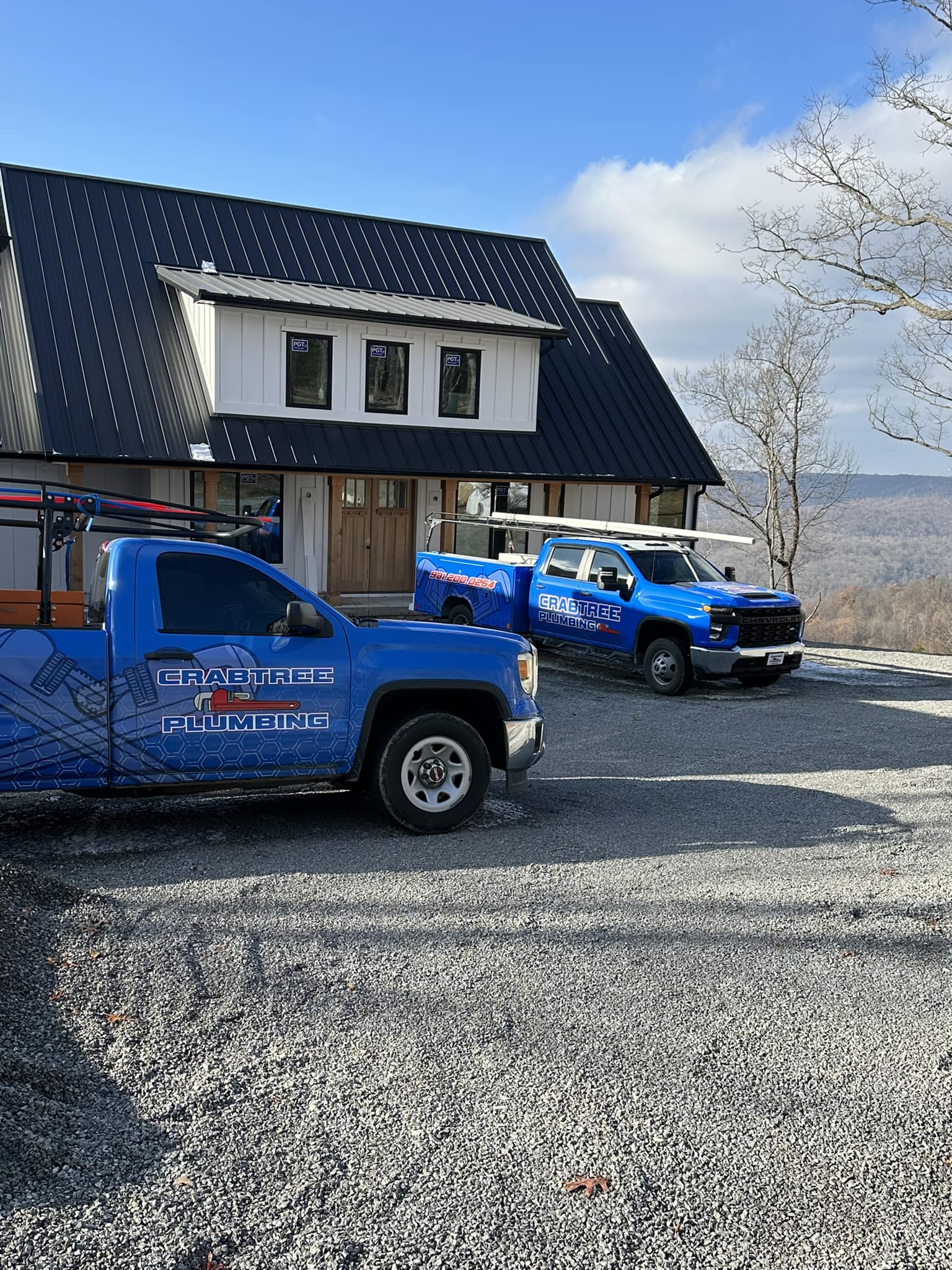
How to Choose the Right Water Heater for Your Needs Aug 05, 2025
Start by considering the size and capacity. The size of your household and your water consumption habits directly influence the size of the water heater you need. Standard tank water heaters typically come in sizes ranging from 30 to 80 gallons. As a rule of thumb, a family of two might manage with a 30-40 gallon tank, while a household of four might need a 50-gallon tank or larger. When in doubt, it's often better to err on the side of a slightly larger unit to ensure you don't run out during peak usage times.
Next, think about the energy source. Water heaters can be powered by electricity, natural gas, propane, or solar energy. Electric water heaters are generally less expensive to purchase and install, though they might lead to higher utility bills due to electricity costs. Natural gas models are more energy-efficient and can reduce energy bills but typically have a higher upfront cost. Solar water heaters are an environmentally friendly option that can significantly cut energy costs, though they also require a higher initial investment and are dependent on sunlight availability.
Consider the type of water heater that best fits your needs. The most common types include conventional storage tanks, tankless water heaters, heat pump water heaters, and solar water heaters. Conventional storage tanks are the most economical option and provide a ready reservoir of hot water, but they do take up significant space. Tankless water heaters offer on-demand hot water and take up less space, though their output is limited in simultaneous usage scenarios. Heat pump water heaters are more energy-efficient, as they capture heat from the air and transfer it to the water, whereas solar water heaters harness the power of the sun for operation.
Energy efficiency is another crucial factor. Consider the unit's Energy Factor (EF), which indicates its efficiency. A higher EF means greater efficiency and lower operational costs. It's worth noting that while high-efficiency models may cost more upfront, they can offer significant savings in the long term through reduced energy bills.
Finally, evaluate your budget. Calculate both the purchase price and the potential energy savings over time to find a unit that suits your financial capacity. Sometimes, paying a bit more upfront for a much more efficient model can lead to considerable savings over the lifespan of the heater.
Choosing the right water heater is a significant decision and one that can affect your family's comfort and budget for years to come. At Crabtree Plumbing, our expert team is ready to help you navigate these options and provide installation services to ensure your new heater is set up efficiently and safely. Contact us today to discuss your water heating needs and let us help you find the best solution for your home.
/filters:no_upscale()/media/a19f5f5f-eba1-4e63-99be-e1b541f659dc.jpeg)
/filters:no_upscale()/filters:format(webp)/media/4dee26fe-1606-43dc-ae82-742730ead389.jpeg)